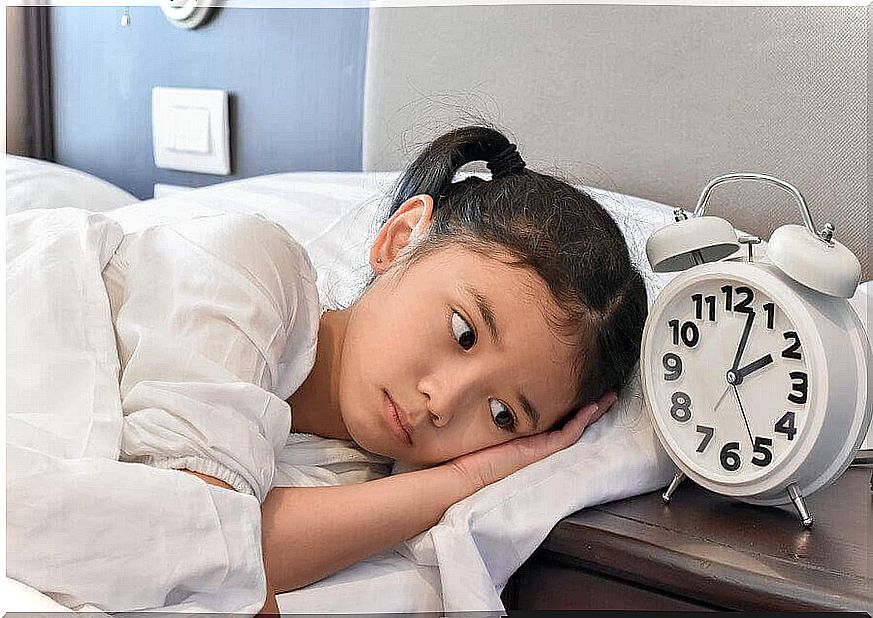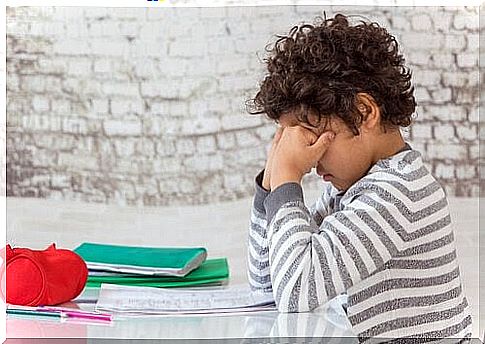Sleep Guide For Children: Help Them Get The Rest They Need

With our sleep guide, you can help your children get the rest they need to recover and feel good.
Did you know that sleep deprivation can have harmful consequences? It is important for children to have good sleeping habits.
Sleep is something our bodies need to restore basic physical and psychological functions.
Sleep guide for children in 5 points
To encourage good sleep in children, it is a good idea to follow the advice below:
Have an evening routine that prepares the child for sleep
It is important to give children the habit of going to bed at the same time every night. To do this, you should establish a routine of activities that your child goes through before going to bed – for example, take a bath, have dinner at least 2 hours before bedtime, set specific times to watch TV, read a fairy tale, etc.
The quality of children’s sleep has a lot to do with their routine – and of course the time when they wake up in the morning. You should let your children sleep as many hours as they need.
The place where your child sleeps
The room where your son or daughter sleeps should promote sleep and rest. This means that the room has a comfortable temperature and that the interior is cozy and soothing.
Your baby’s bedroom should have natural light, but make sure it’s dark at night. If your child is afraid of the dark, you can turn on a dim night light – just make sure the light does not shine directly on your child’s face.
It is important for children to pair their bedroom with sleep in the evening and at night. Your child should always sleep in the same bed and wear comfortable pajamas.

Loud noises and distractions
Make sure your child avoids video games, TV, and music before bedtime. They entice your child to play and distract him or her from sleeping.
It is also important to check the noise level in your children’s rooms to ensure that their sleep is not disturbed. If you wake your child, he or she may have difficulty falling asleep again.
Teach children to be independent at bedtime
It is important for children to be close to their parents to feel safe, but they must also learn to sleep alone in their rooms. It’s okay to be with them sometimes when they fall asleep, but this should not always be the case. Try to let your children learn to fall asleep on their own.
Limit physical activities in the evening
Another basic practice in this sleep guide for children is that they should not do physically strenuous activities just before going to bed. In fact, parents should limit physical activity at least 2 hours before bedtime. Physical activity during the day, on the other hand, improves night sleep and it is good for children to be able to play outdoors every day to get a better sleep.
Children should also eat at least 2 hours before bedtime and avoid foods high in sugar. In addition, you can reduce your intake of or avoid carbohydrates in the evening so that digestion becomes easier.
Avoid giving your children stimulating drinks such as tea, soft drinks and chocolate. Give your children a good nutritious diet rich in fruits and vegetables. All this guarantees that your children get enough sleep and that it is of good quality.

The harmful effects on children who have trouble sleeping
When children do not get enough sleep, the consequences are clearly visible: mood changes, lack of interest in physical activity and lack of attention and concentration.
Children who do not get proper sleep are prone to emotional problems as a result of their imbalance.
Reasons for insomnia in children
Most cases of mental illness involve a reduced quality and quantity of sleep, as well as other diseases such as enuresis – a lack of control over the bladder. Other factors that contribute to insomnia include environmental conditions, lighting, medications and allergies.
Although it is not easy to create an evening routine for your children, you should be persistent and ask the whole family to help.









